Indigenous voice to parliament referendum is about ‘what people think of us’, says Jackie Huggins
The No camp dismisses assertions racism and prejudice will be diminished if the voice referendum succeeds, while Jackie Huggins says the poll is about ‘what people think of us’.
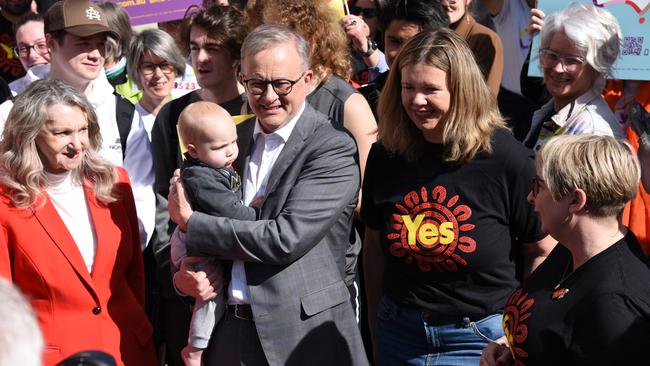
Aboriginal author Jackie Huggins says Australians will cast their vote at the voice referendum based on “what people think of us”, as Noel Pearson’s declaration that racism and prejudice will diminish if the poll succeeds triggers claims from the No camp that supporters are playing the “racial card”.
As the Yes campaign attempts to win over undecided voters and claw back ground ahead of the October 14 referendum, prominent supporters on Thursday told The Australian a voice would help deliver a new culture in politics and strengthen the relationship between Indigenous and non-Indigenous Australians.
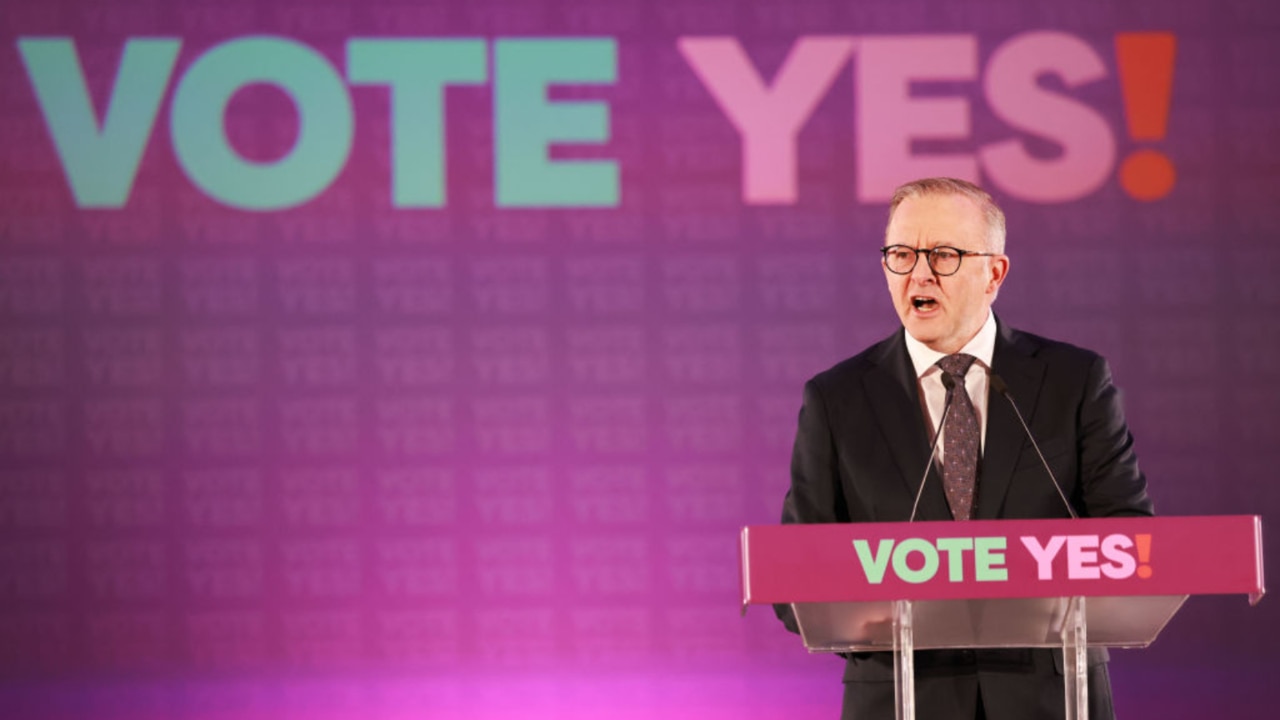
But leading No campaigner Warren Mundine, who attended a Centre for Independent Studies forum with Jacinta Nampijinpa Price on Thursday night, said there had been intensified racism in the 12 months leading up to the official campaign and his fear was it would only get worse if the referendum succeeded.
He accused high-profile supporters of the voice of being racist while conceding there was also racism among opponents to the proposal, though he said they were on the fringes.
While Anthony Albanese campaigned in Launceston and Hobart with Liberal Premier Jeremy Rockliff and Liberal MP Bridget Archer – warning Indigenous disadvantage would continue if a Yes vote didn’t get up – Mr Mundine said there was no evidence racism would be reduced in the event of a successful referendum. “I get phone calls every day from people who work in organisations that support the voice and they live in fear about losing their job, about speaking publicly. This is what these Yes campaigners have done,” Mr Mundine said.
“It’s nice to say ‘if we have a voice, racism will go down’. Where’s the evidence of that and how will it go down?”
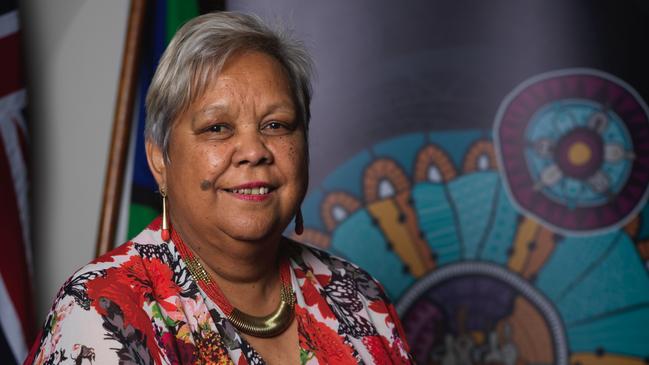
Speaking alongside Indigenous Australians Minister Linda Burney in Brisbane on Thursday, Dr Huggins said the country was at a crossroads and the referendum would show what Australians thought of Aboriginal people. “We are at the crossroads of determining a better future for all of us, particularly for our First Nations people who have existed here for over 65,000 years,” she said. “This is a referendum on what people think of us.” Dr Huggins, who has led work on treaty agreements in Queensland, noted the 1967 referendum had a success rate of more than 90 per cent and said the Yes campaign wanted to see that repeated on October 14.
Uluru Dialogue co-chair Megan Davis, an architect of the Uluru Statement from the Heart and adviser to the government on the voice, said a Yes vote would nurture a more cohesive society.
“A Yes vote for the voice will support a new culture in Australian politics where First Nations people can have their say and be heard on matters that affect them,” she said. “Having respectful conversations in a forum like the voice will boost understanding and co-operation – so we know it will counter the ignorance that drives racism and prejudice.”
Her comments follow Mr Pearson declaring racism and prejudice in Australia would “diminish” if the country voted for constitutional recognition through a voice.
Buoyed by the Prime Minister launching the official referendum campaign, Mr Pearson said he had been anxious about the Yes campaign but was confident in it now and urged supporters to “maintain the love”. “We’ve got to do this in order for racism, prejudice to diminish,” he told the ABC.
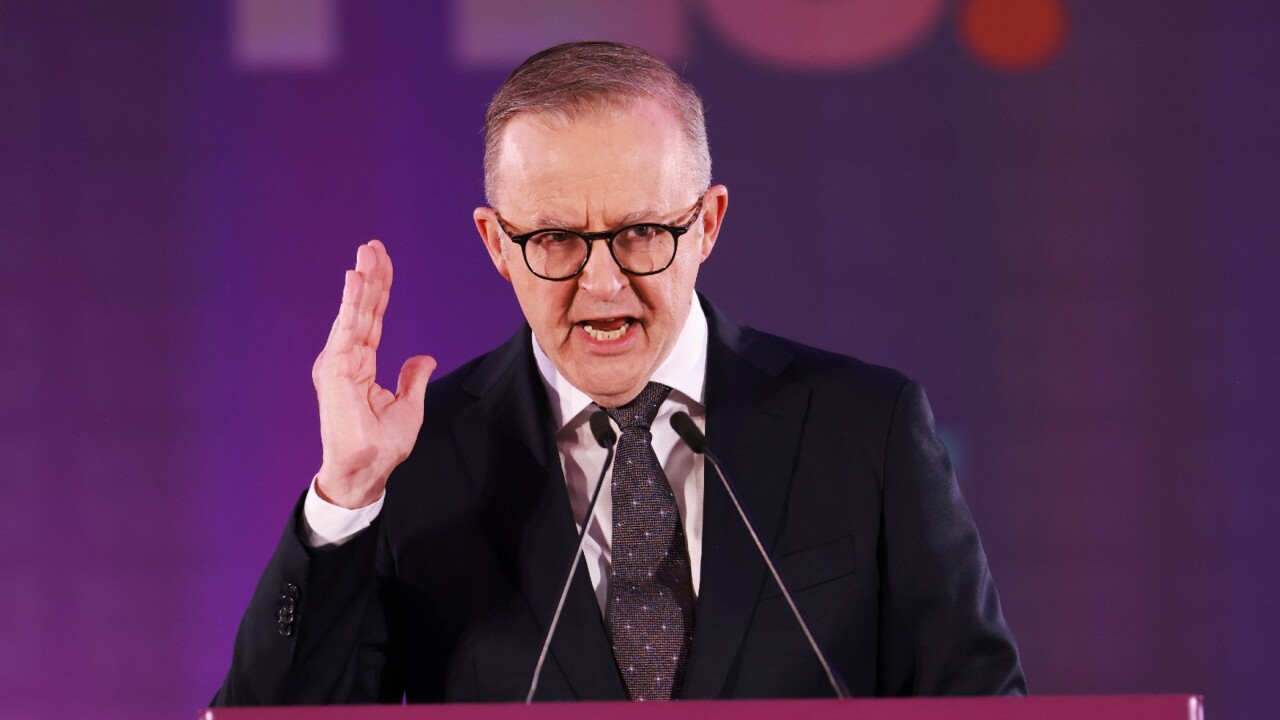
“A lot of the prejudice is not … complete antipathy. It’s uncertainty and fear. And the No campaign has obviously been, obviously their intention is to exploit that, to exploit fear about Indigenous people and fear about reconciliation. I think our message is one of optimism and faith and belief. We’ve got to believe in our fellow Australians.”
Liberals for Yes co-convener Sean Gordon said reconciliation had laid a solid foundation to strengthen the relationship between Indigenous and non-Indigenous Australians but recognition would “go one step further by weaving together the fabric of our cultures for a better, more united Australia”.
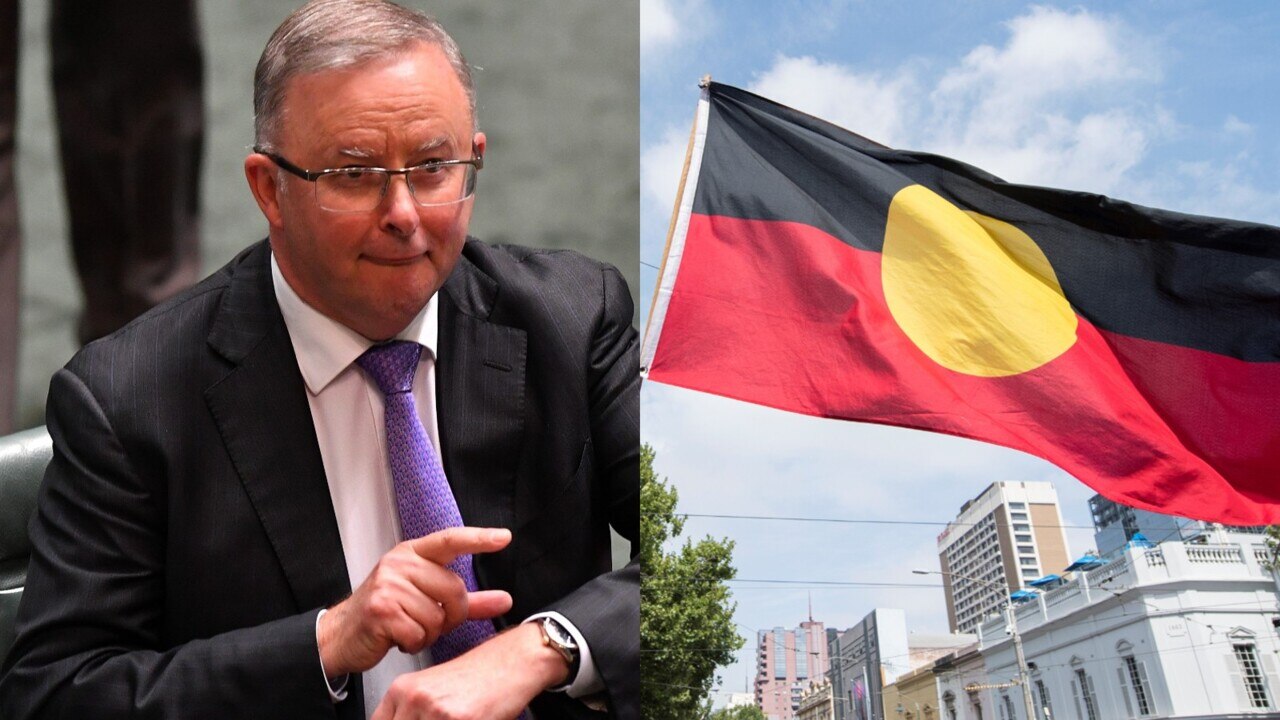
Mr Albanese was on Thursday again faced with questions over how the voice would work as former prime minister Malcolm Turnbull, writing in Nine newspapers, said he was sure the advisory body would recommend the date of Australia Day be moved and might offer advice on defence – claims that have been rejected by some Yes campaigners.
Mr Turnbull previously opposed the voice and likened it to a third chamber of parliament, but said he had decided Australians were better off supporting it, even if it was not entirely consistent with his egalitarian, republican views. He said the voice would be most persuasive when it gave advice on matters directly relating to the welfare and advancement of Indigenous people.


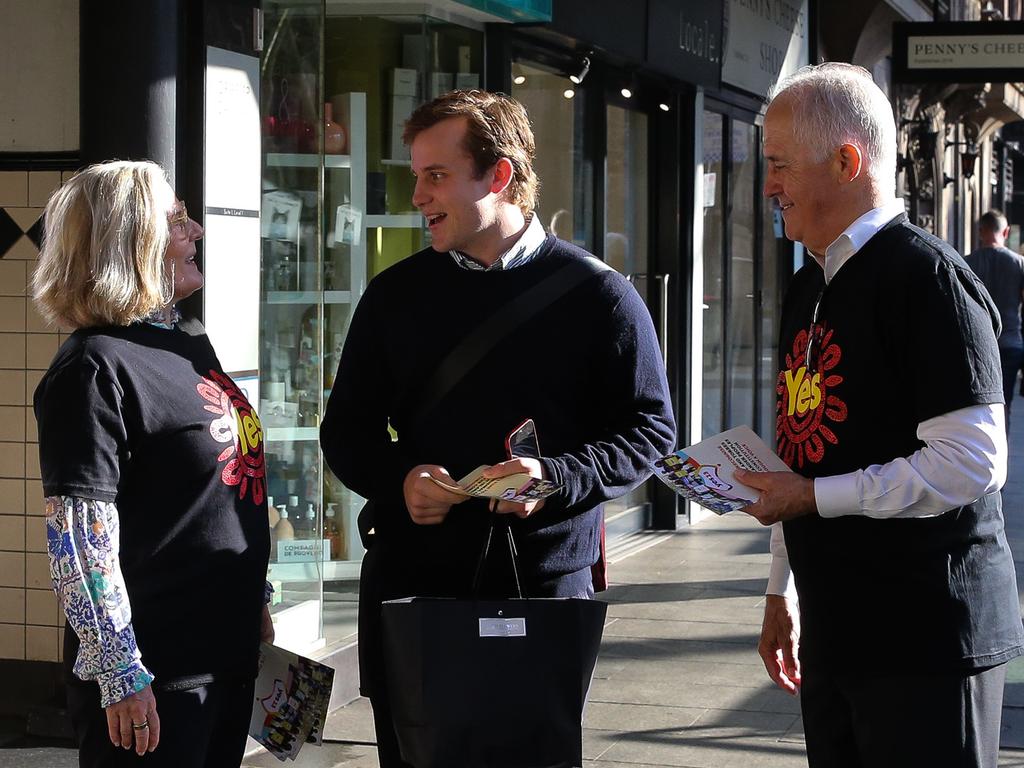
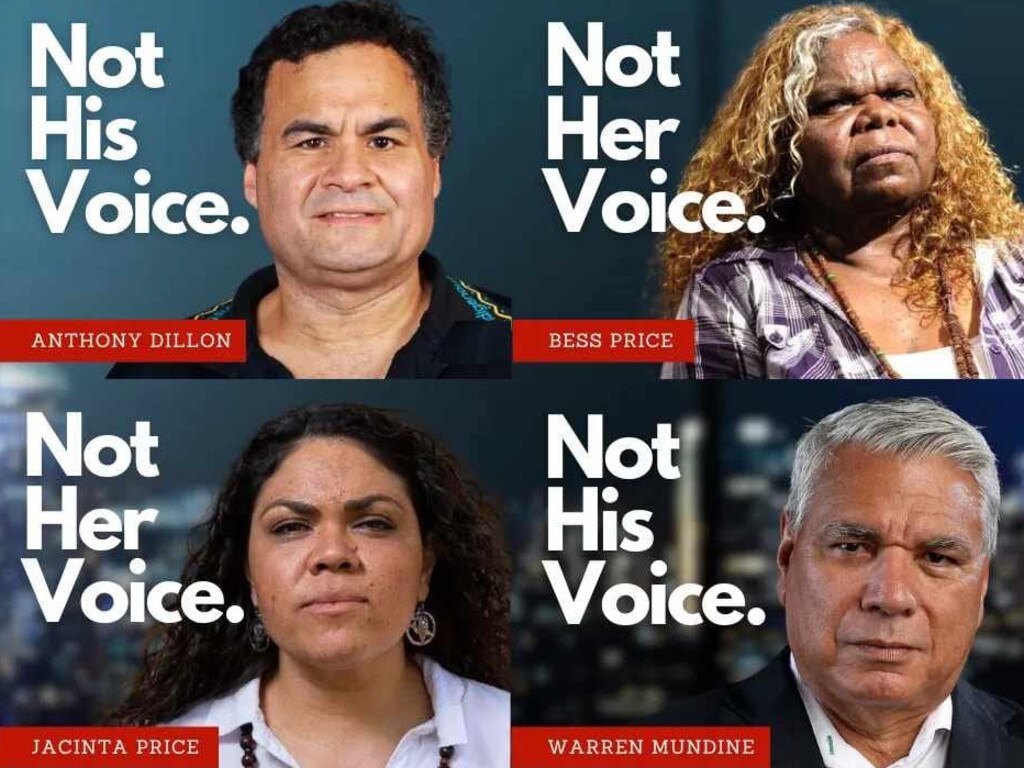
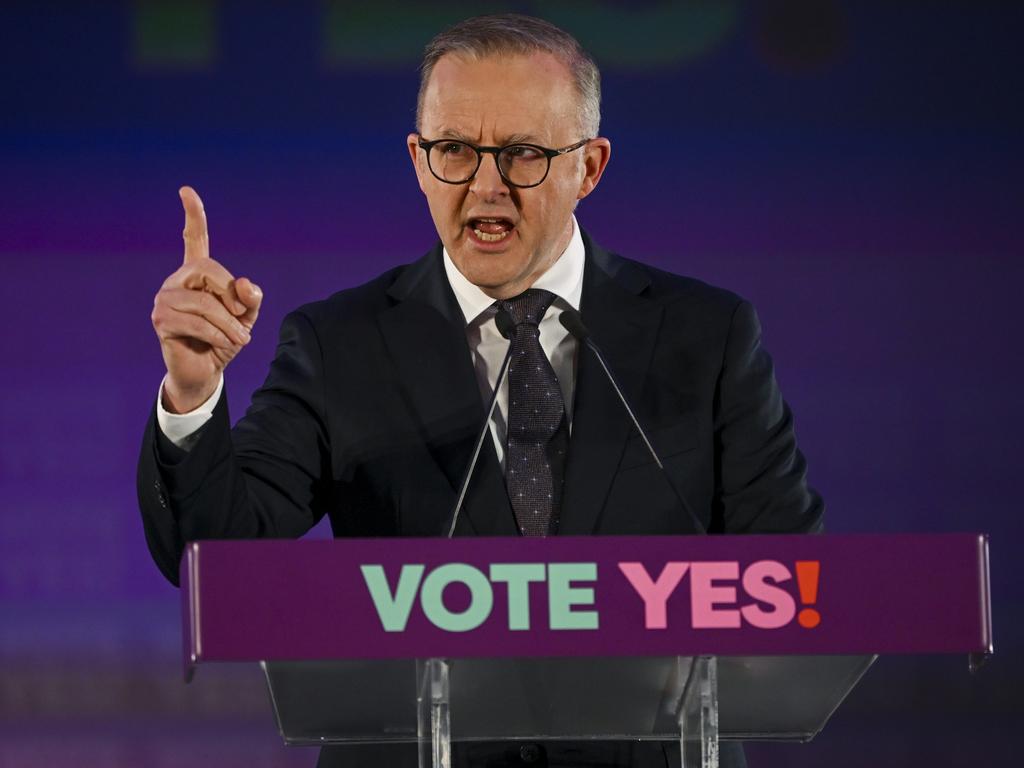
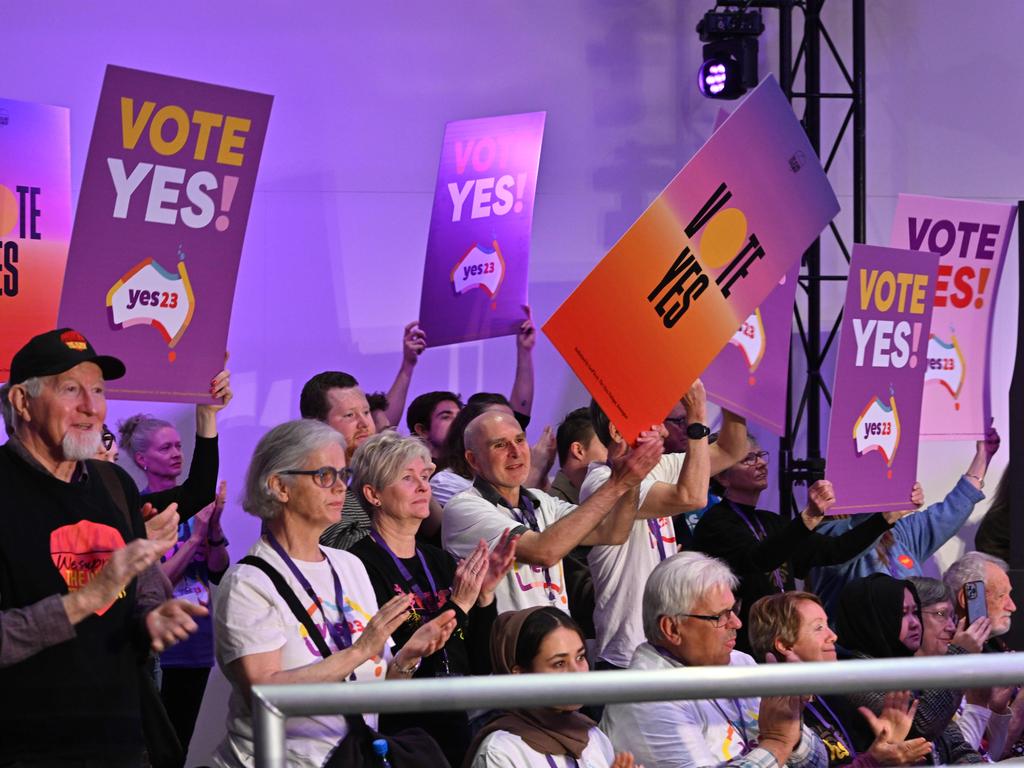
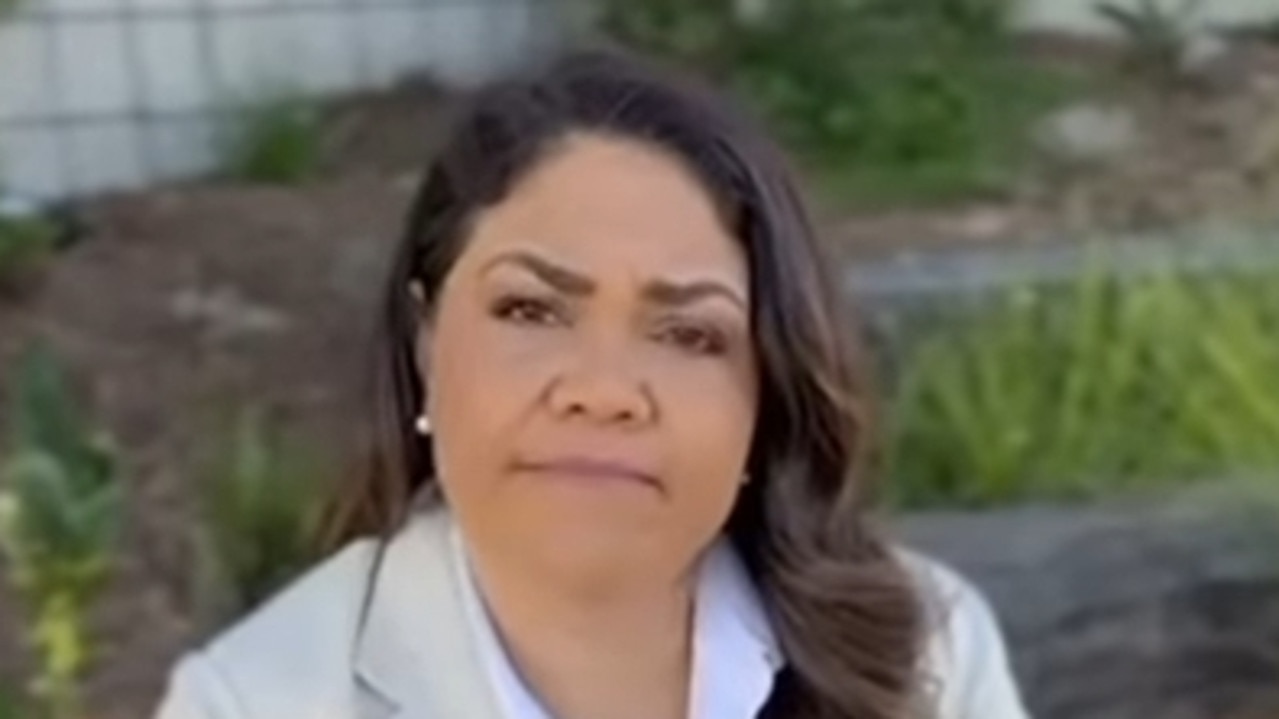
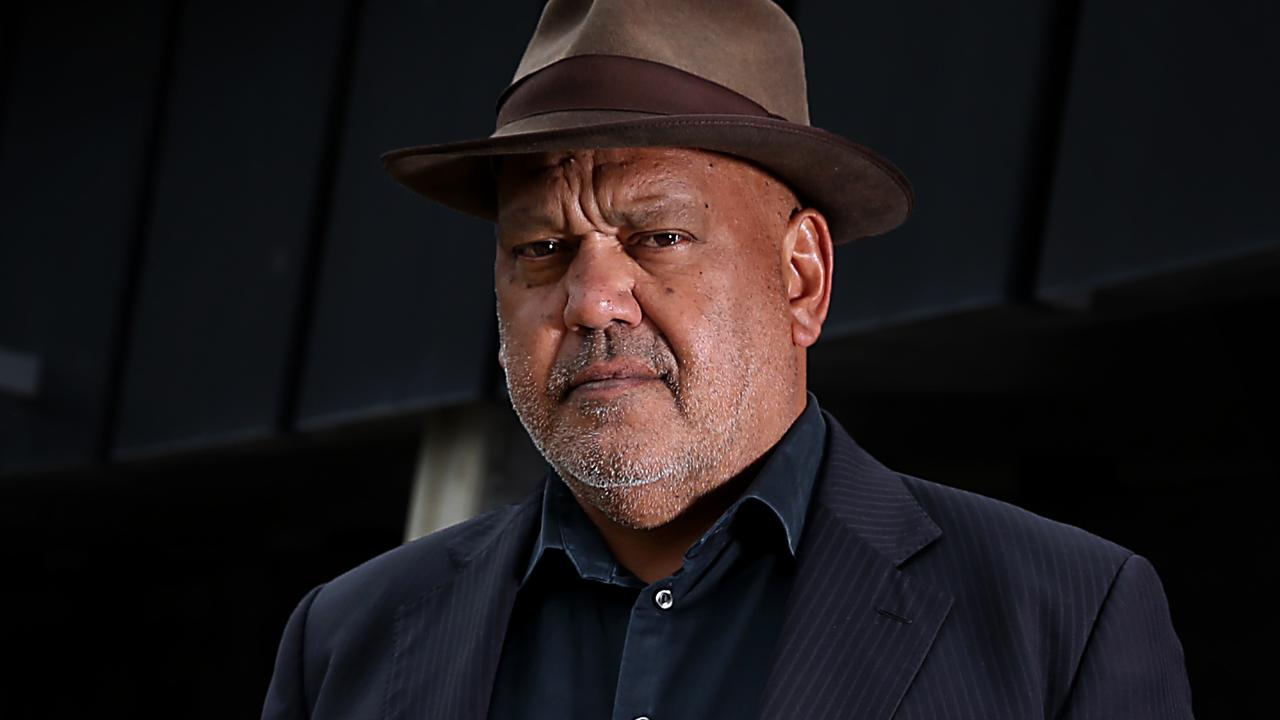
To join the conversation, please log in. Don't have an account? Register
Join the conversation, you are commenting as Logout